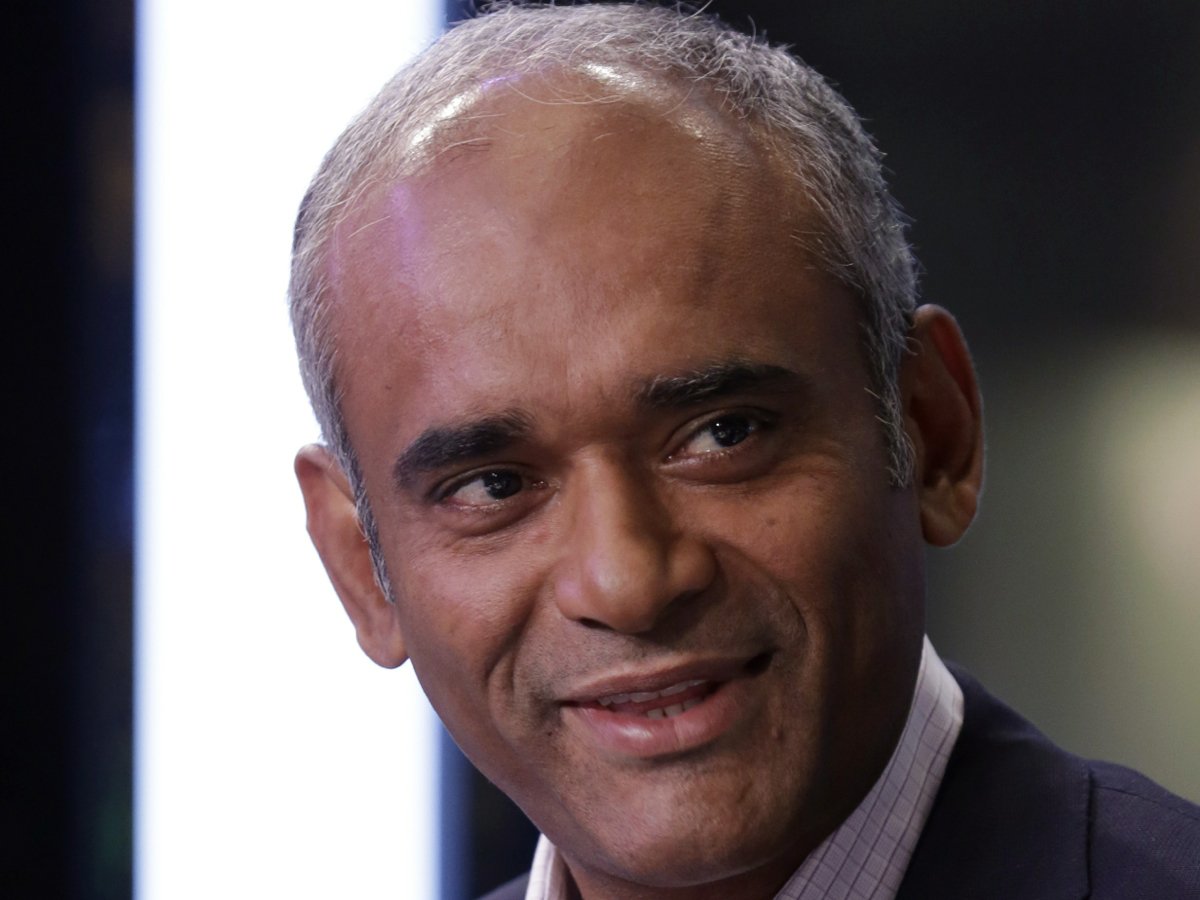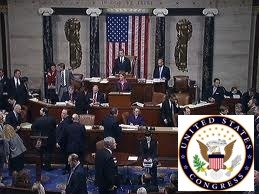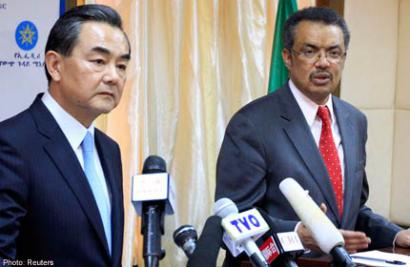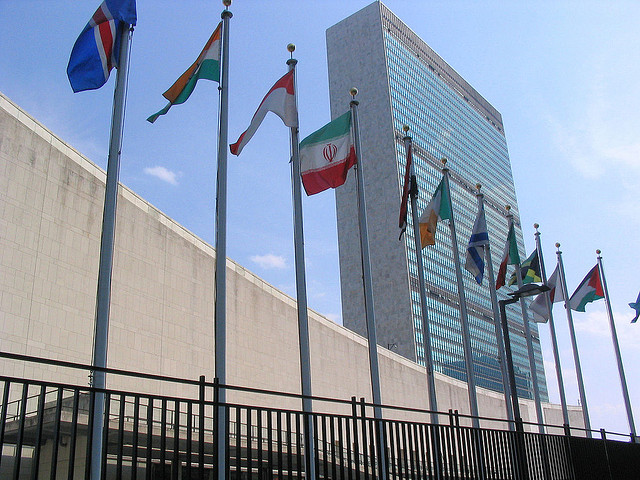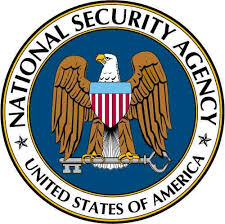Jonathan’s post continues DisCo’s ongoing coverage of the Aereo case. Last week, Prof. Michael Carrier wrote a post for DisCo on the possible effect of Aereo on investment. Previously, DisCo writer Matt Schruers guest-posted on SCOTUSblog about how Aereo creates uncertainty for the cloud. One of the great attractions (or frustrations) of copyright law is that it is based on metaphysical distinctions. The most obvious of these is the idea/expression dichotomy. The Second Circuit in Computer Associates v. Altai observed that “drawing the line between idea and expression is a tricky business.”…
Read MoreTag: USA
Right to Be Forgotten? Europe’s Orwellian Internet Time Warp
By David Kirkpatrick When the European Court of Justice—the rough equivalent of the U.S. Supreme Court—ruled that individuals have the “Right to Be Forgotten,” it took a dangerous step backward. Among many potential negative consequences, it could contribute to slowing global economic growth. The court endorsed a profoundly a historical, anti-technological argument about the supposed rights of individuals. The plaintiff, Mario Costeja Gonzalez, is a Spanish citizen who was joined by a Spanish government agency in arguing that Google ought not link to a 1998 newspaper mention of a real estate…
Read MoreUS Commitee Chairs pledge to conduct aggressive oversight on NTIA announcement on future of the internet; Schedules hearing for first week of April
Committee Will Hold Hearing the First Week of April as Administration Examines Whether Department of Commerce Can Turn DNS Functions Over to Internet Stakeholders. WASHINGTON, DC – House Energy and Commerce Committee Chairman Fred Upton (R-MI) and Communications and Technology Subcommittee Chairman Greg Walden (R-OR) today pledged to conduct aggressive oversight following the recent announcement by the Obama administration on the future of Internet governance. The administration is looking to engage the multi-stakeholder Internet community to investigate future models for administration of the Domain Name System (DNS). The Department of…
Read MoreWall Street: The U.S. will borrow less money this year than at any time since 2008
Wall Street Dealers See Treasury Sales Falling to Six-Year Low By Susanne Walker The U.S. will borrow less money this year than at any time since 2008, validating the nation’s decision to go deeper into debt to combat the financial crisis as faster growth shrinks the deficit, Wall Street’s biggest bond dealers say. The government will sell $717 billion of notes and bonds on a net basis, 14 percent less than last year, according to a survey of primary dealers which are obligated to bid at Treasury auctions. Issuance has fallen…
Read MoreUS playing catch-up in Africa
African consumer spending is projected to rise from US$860 billion in 2008 to US$1.4 trillion in 2020. No other region in the world boasts such numbers. ADDIS Ababa, the rapidly modernising capital of Ethiopia, is on track to host the tallest building in Africa by 2017. That landmark building, which will boast 99 floors of offices and hotel rooms, has a distinctly un-African name: Chuan Hui International Tower. The tower, together with a host of other skyscrapers in the city – including the US$200 million (S$255.7 million) African Union headquarters…
Read MoreProtecting the open Internet may require defunding the ITU. Here’s how to do it.
In the past week, two senior U.S. officials, FCC Commissioner Ajit Pai and Republican Rep. Greg Walden (Ore.) were quoted as saying the United States should pull funding from the International Telecommunication Union (ITU), at least as a last resort, if the U.N. telecommunications body persists in its attempts to regulate the Internet. What’s the ITU? Why do people want to defund it? And what would it take to do so? Read on to find out. What’s the ITU? The ITU was founded in 1865 as the International Telegraph Union, an organization…
Read MoreFears over NSA surveillance revelations endanger US cloud computing industry
American technology businesses fear they could lose between $21.5bn and $35bn in cloud computing contracts worldwide over the next three years, as part of the fallout from the NSA revelations. Some US companies said they have already lost business, while UK rivals said that UK and European businesses are increasingly wary of trusting their data to American organisations, which might have to turn it over secretly to the National Security Agency, its government surveillance organisation. One British executive, Simon Wardley at the Leading Edge Forum thinktank, celebrated the publication of…
Read MoreSpy program gathered Americans’ Internet records
WASHINGTON (AP) — The Obama administration gathered U.S. citizens’ Internet data until 2011, continuing a spying program started under President George W. Bush that revealed whom Americans exchanged emails with and the Internet Protocol address of their computer, documents disclosed Thursday show. The National Security Agency ended the program that collected email logs and timing, but not content, in 2011 because it decided it didn’t effectively stop terrorist plots, according to the NSA’s director, Gen. Keith Alexander, who also heads the U.S. Cyber Command. He said all data was purged…
Read More
